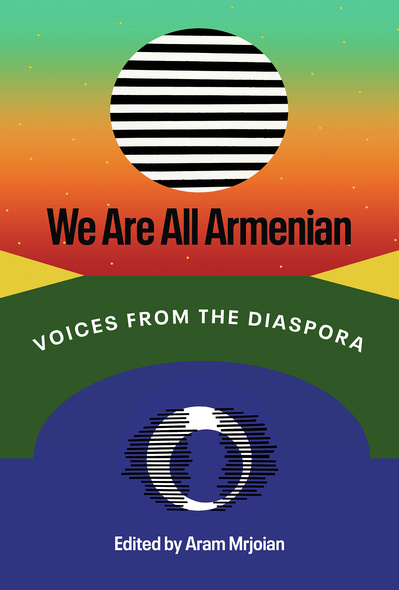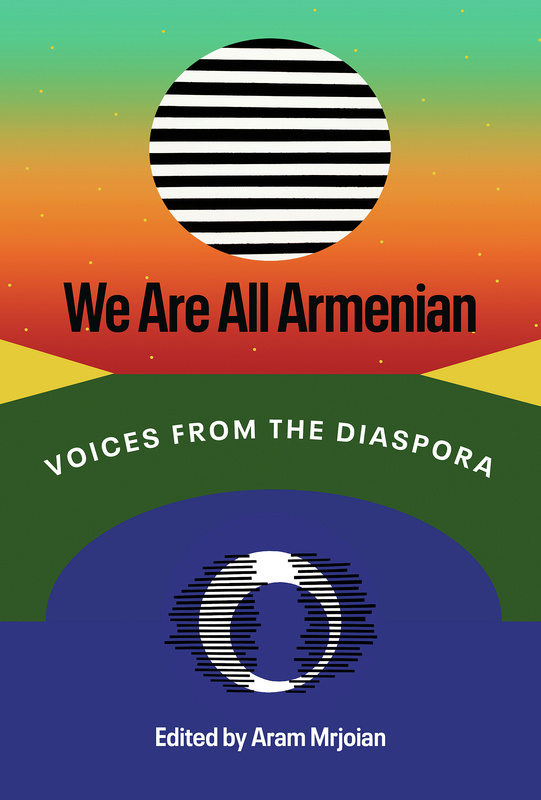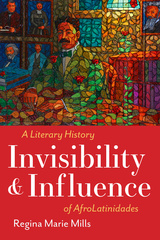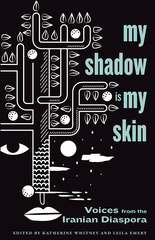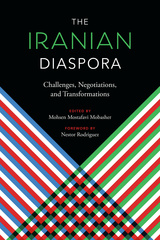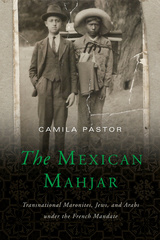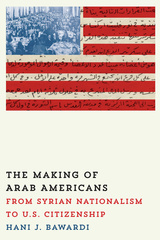A collection of essays about Armenian identity and belonging in the diaspora.
In the century since the Armenian Genocide, Armenian survivors and their descendants have written of a vast range of experiences using storytelling and activism, two important aspects of Armenian culture. Wrestling with questions of home and self, diasporan Armenian writers bear the burden of repeatedly telling their history, as it remains widely erased and obfuscated. Telling this history requires a tangled balance of contextualizing the past and reporting on the present, of respecting a culture even while feeling lost within it.
We Are All Armenian brings together established and emerging Armenian authors to reflect on the complications of Armenian ethnic identity today. These personal essays elevate diasporic voices that have been historically silenced inside and outside of their communities, including queer, multiracial, and multiethnic writers. The eighteen contributors to this contemporary anthology explore issues of displacement, assimilation, inheritance, and broader definitions of home. Through engaging creative nonfiction, many of them question what it is to be Armenian enough inside an often unacknowledged community.
The 18 essays in this collection delve into questions of Armenian identity, belonging and displacement from the perspective of a community whose past often goes unacknowledged.
Every essay from this compelling group of featured authors brings a unique and powerful perspective on what it means to search for one’s authentic identity when disconnected from homeland, language, and heritage. Textured and emotionally resonant, these entries ask the question What does it mean to be 'Armenian enough'? Together, the anthology honors the history of the lives lost and forever changed by the Armenian Genocide and resulting diaspora and charts a course forward through the power of telling and retelling important stories. It’s both a stunning achievement and a welcome addition to our literary record.
Part party and part opera—both delightful and wrenching, altogether joyful...Each essay builds on the last, deepening the reader’s understanding of the multi-generational impact of genocide on families and prompting contemplation on notions of ethnicity. The essays do not flinch in the face of sometimes harrowing events, but every one also offers sweetness, grace, and resolve to face these truths and to move forward with hope and compassion. It’s an exquisite collection of essays.
With passion and insight, the writers [in We Are All Armenian] explore and express the joys of and obstacles to constructing an affiliation with their ethnic and diasporic communities that does not bind them to a prescribed mode of identity and belonging. Often inventive and surprising, these accounts of searching for association without unwelcome constraints will enrich the still-expanding narrative on expressive and analytic discourses of minority identities and commitments...Highly recommended.
A lovely, much-needed compilation that presents a culture of great import, examining diasporic experiences in deeply-felt prose.
We Are All Armenian is an anthology precisely tuned to our time of dislocation and international migration, and to debates surrounding historical injustices. The anthology’s focus on stories of the Armenian diaspora, a global population of eleven million entering its second century, does not limit the book’s relevance but widens it: the contributors’ intersecting commitments and incisive articulations of diasporan subjectivity will make this book resonate with a broad audience in a world of many diasporas and dispossessed peoples who wish to salvage their many stories.
Overall, though, the essays within We Are All Armenian point to the varied experiences within the diaspora. . . . And the breadth of experiences — including those who are multiethnic, multiracial and LGBTQ+, as well as those who didn’t grow up embedded in Armenian communities and don’t speak the language — is important to consider. Mrjoian says that he hopes the book might prompt conversations about inclusivity regarding ethnic heritage.
Each of these extraordinary essays is a life altered by a century-old genocide, illuminating not only the recognizable aspects of political violence but its hidden, cruel subtleties—how it always lingers, but lingers differently. As heavy and dazzling as a geode.
The greatest strength of We Are All Armenian is the diversity of its writers. The presence of multiracial Armenian, queer Armenian, and polyamorous Armenian voices alongside one another adds a bold richness that goes beyond simply being novel. Not only are these stories that many readers may have never heard before, but they also beautifully subvert preconceived notions about who and what constitutes the Armenian diaspora. The writers, who understand profoundly what it means to have one’s history erased or denied, thus ensure that other types of erasure are both confronted and avoided.
Aram Mrjoian is an editor-at-large at the Chicago Review of Books, an associate fiction editor at Guernica, and a 2022 Creative Armenia–AGBU Fellow.
- Editor’s Note
- Introduction
- How Armenian Funeral Halva Helped My Family Find Home in America (Liana Aghajanian)
- Hava Nagila (Naira Kuzmich)
- “Where Are You From? No, Where Are You Really From?” (Sophia Armen)
- An Inter/Racial Love History (Kohar Avakian)
- Language Lessons (Nancy Kricorian)
- A Good, Solid Name (Olivia Katrandjian)
- My Armenia: Imagining and Seeing (Chris McCormick)
- Inside the Walls: Reflections on Revolutionary Armenians (Nancy Agabian)
- Going Home Again (Chris Bohjalian)
- Lost and Found (Aline Ohanesian)
- A Letter to My Great-Grandson (Raffi Joe Wartanian)
- Open Wounds (Anna Gazmarian)
- Բառէրը-the Words (J. P. Der Boghossian)
- The Road to Belonging (Raffy Boudjikanian)
- The Story of My Body (Hrag Vartanian)
- Valley View: An Armenian Diasporic Account in Lieu of a Glendale Biennial Review (Mashinka Firunts Hakopian)
- Perspectives on Artsakh from a Black Armenian Angeleno (Carene Rose Mekertichyan)
- We Are All Armenian (Scout Tufankjian)
- Acknowledgments
- Reading List of Armenian Writers
- Notes on the Contributors

